Kettle Corn Equipment For Sale – When people choose quality goods, they are choosing longevity over convenience, enduring craftsmanship over temporary trends, and often, a timeless aesthetic over what is in vogue today. Whether it’s a car, a house, or a simple piece of furniture, there’s a process that unfolds. A well-made frying pan or a durable pair of boots might not have the cachet of a designer handbag, but their value lies in their functionality and reliability. Whether it’s the affordability, the environmental impact, or the opportunity to find unique items, second-hand goods provide an alternative to traditional retail shopping that is both practical and sustainable. They are intended to last for a limited amount of time, after which they become outdated, broken, or no longer functional. In times of financial hardship, such as during recessions or periods of high unemployment, more people may turn to second-hand goods as a way to save money. The resale of pre-owned clothing has become a booming industry in recent years, with second-hand stores and online marketplaces thriving as more consumers opt for affordable, sustainable alternatives to fast fashion. In many cases, sellers may work with business brokers, financial advisors, or accountants to help value the business and identify potential buyers. Sellers also have to deal with the emotional aspects of letting go of a business that they may have built over many years. Sellers often find themselves in a strange position, balancing the emotional attachment to the item with the rational need to let it go. Through online marketplaces and platforms, small businesses and independent creators can sell their goods to a global audience. A person might sell a beloved possession to fund an important life change, such as starting a business, moving to a new city, or pursuing a dream. What was once limited to boutique shops or high-end department stores can now be purchased from the comfort of one’s home. This desire for items with character and a story behind them has contributed to the growing appeal of second-hand goods. The process of selling it can be seen as a form of letting go, a recognition that the future may look different from the past, but that doesn’t diminish its importance or value. For sellers, this creates an opportunity to declutter their homes and make some extra money, while buyers have access to a vast marketplace of affordable, unique, and sustainable products. Influencers sell their attention, their opinions, their lives — all of it has become a form of commerce. For those considering buying a business, the appeal often lies in the opportunity to take over an existing operation and build upon its foundation. The sale and purchase of second-hand goods play a pivotal role in this transition, demonstrating how individuals can make a meaningful impact through everyday choices. Thrift stores and consignment shops often work with charitable organizations or local non-profits, using the proceeds from sales to support various causes.
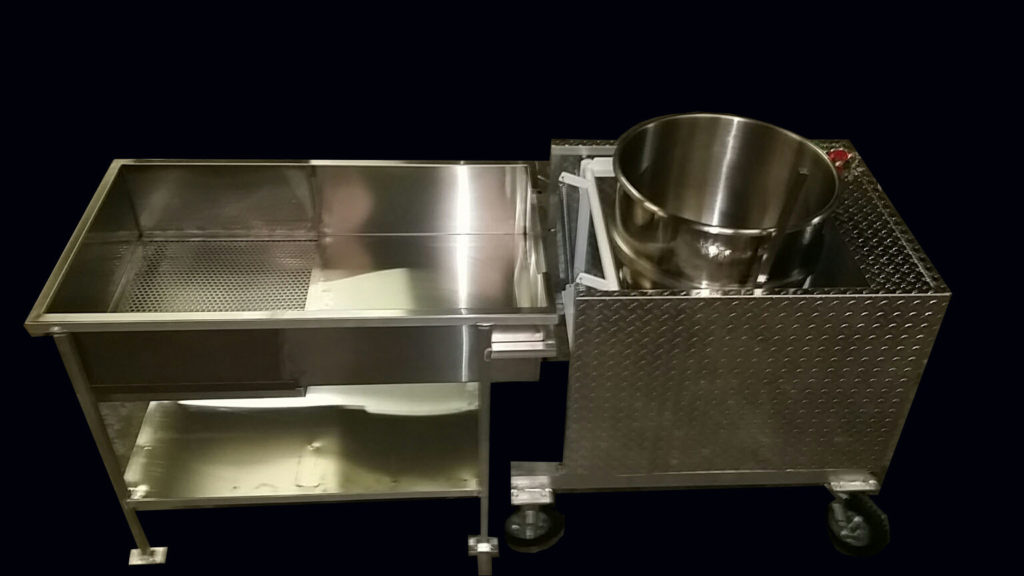
DELUXE PORTABLE 80QT. KETTLE CORN
We reviewed every modelup to 70% offfind the best productssee our top picks Live customer support!we accept offers 24/7
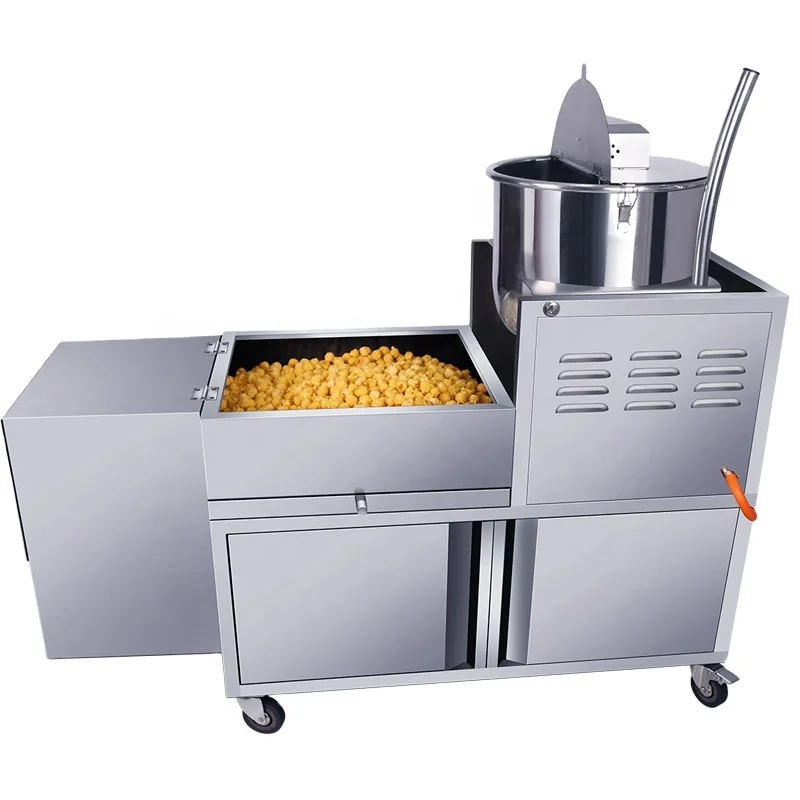
Stainless Steel Commercial Caramel Kettle Corn Popcorn Machine / Corn
We reviewed every modelup to 70% offfind the best productssee our top picks Live customer support!we accept offers 24/7
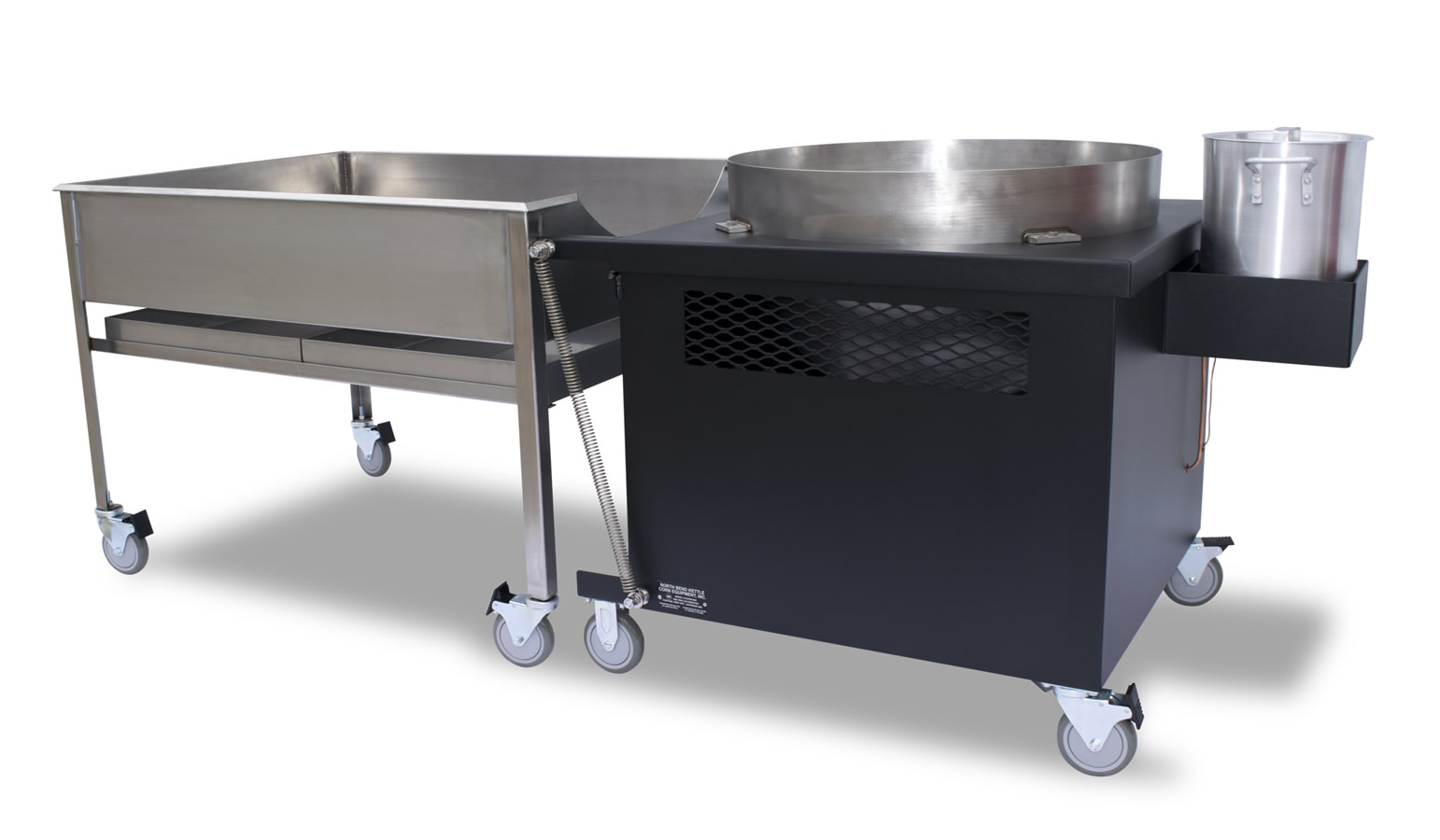
PopperSifter NBO Kettle Corn Equipment
We reviewed every modelup to 70% offfind the best productssee our top picks Live customer support!we accept offers 24/7
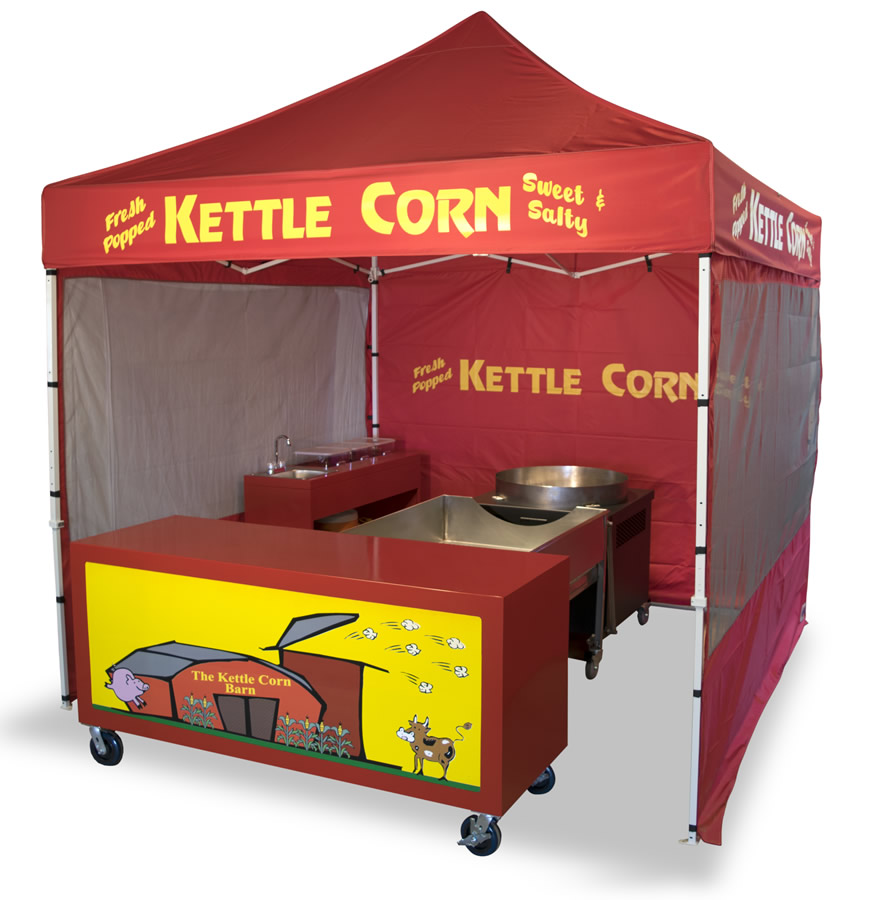
Kettle Corn Equipment Complete Package NBO Kettle Corn Equipment
Live customer support!we accept offers 24/7 We reviewed every modelup to 70% offfind the best productssee our top picks

Ultra Sixty Kettle Corn Popper 2656KC
We reviewed every modelup to 70% offfind the best productssee our top picks Live customer support!we accept offers 24/7
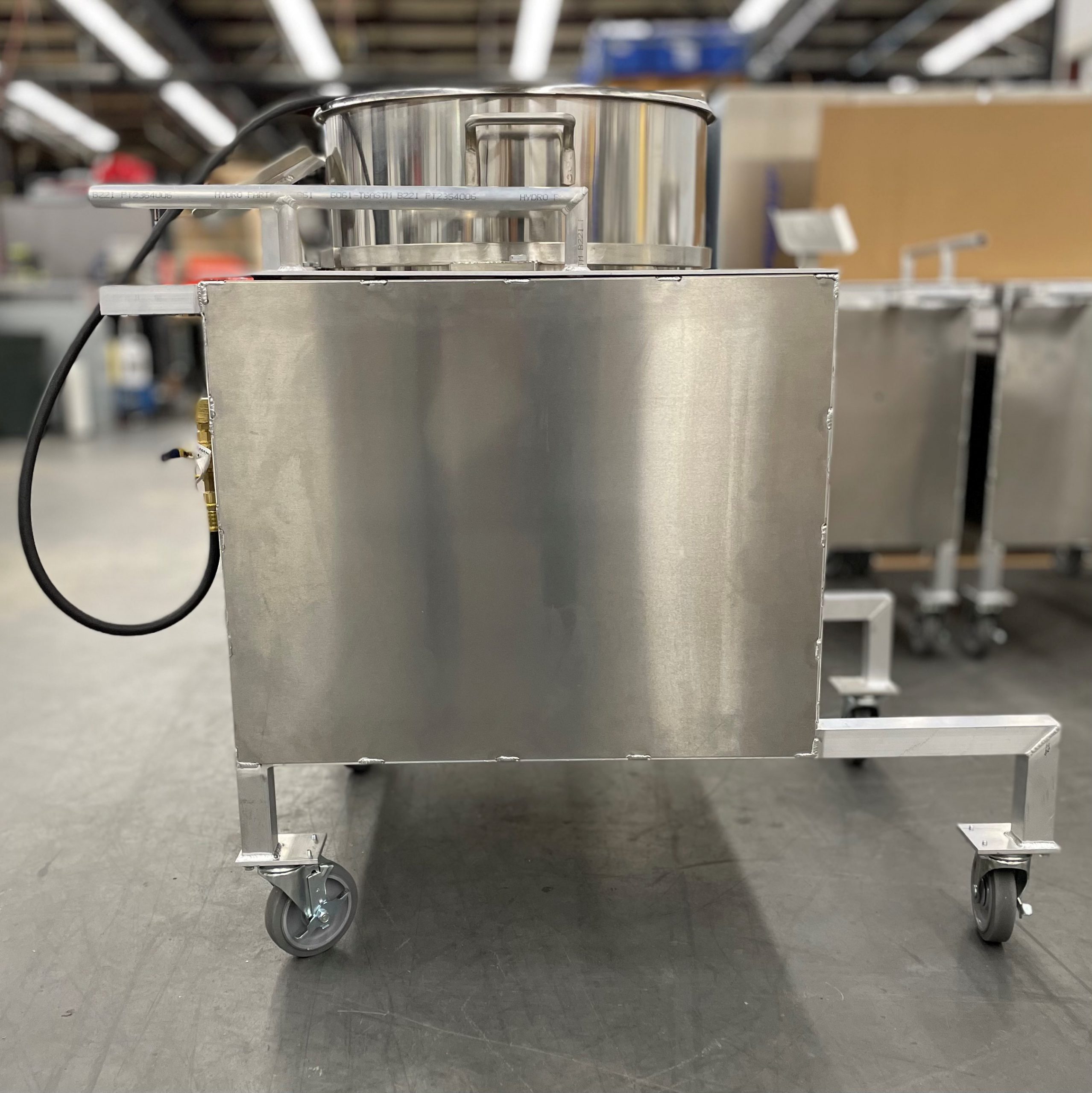
Kettle Corn Machine Lil Slugger Kettle Corn Machine
Live customer support!we accept offers 24/7 We reviewed every modelup to 70% offfind the best productssee our top picks

DELUXE PORTABLE 80QT. KETTLE CORN
We reviewed every modelup to 70% offfind the best productssee our top picks Live customer support!we accept offers 24/7

Kettle Corn Equipment Complete Package NBO Kettle Corn Equipment
We reviewed every modelup to 70% offfind the best productssee our top picks Live customer support!we accept offers 24/7

DELUXE PORTABLE 80QT. KETTLE CORN
We reviewed every modelup to 70% offfind the best productssee our top picks Live customer support!we accept offers 24/7
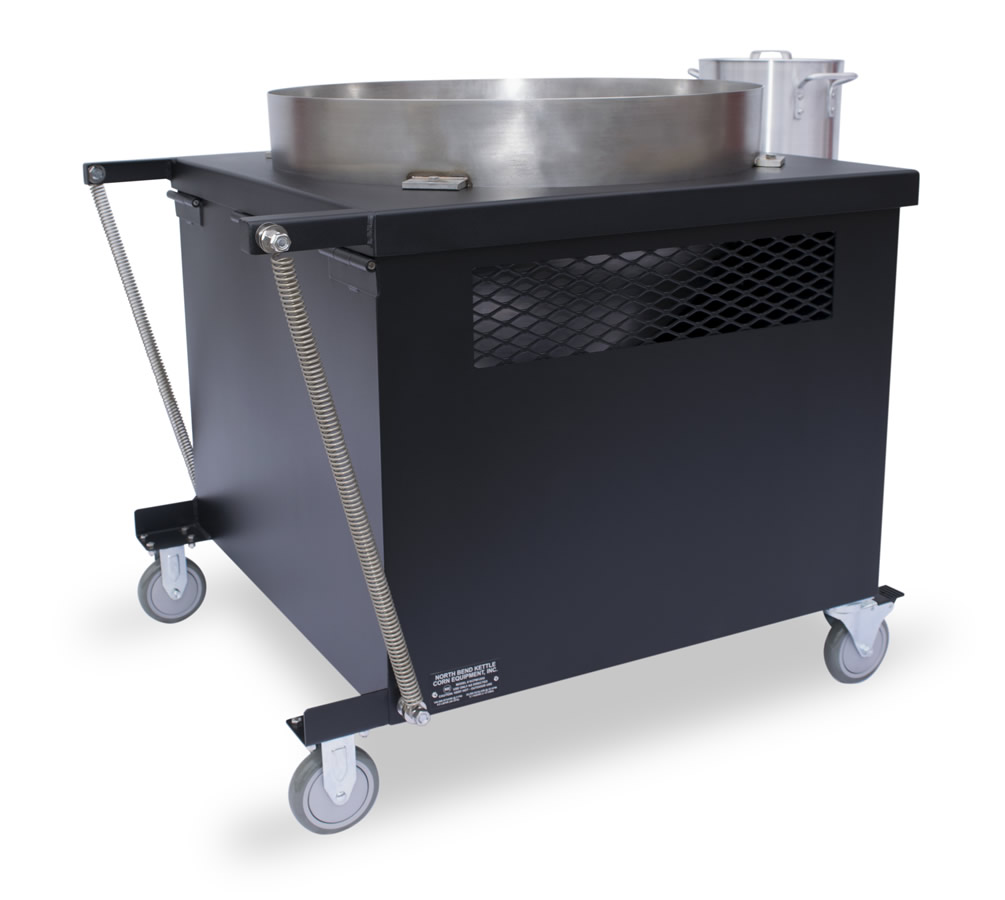
Kettle Corn Poppers NBO Kettle Corn Equipment
We reviewed every modelup to 70% offfind the best productssee our top picks Live customer support!we accept offers 24/7
Historically, many products were made by local craftsmen, and there was a direct relationship between the creator and the consumer. This creative process not only gives new life to old objects but also encourages people to think outside the box when it comes to the things they buy and use. Quality goods stand in stark contrast to this cycle. The growing appeal of second-hand goods is also tied to a growing awareness of environmental issues. In a world dominated by fast fashion, disposable electronics, and mass-produced items, many people are beginning to question the value of constantly purchasing new products. By purchasing second-hand goods, consumers help keep products circulating in the economy, giving them new life and purpose. People are not just looking for things that work well; they want products that elevate their environment and their experiences. People can be bought and sold in the form of labor, for example, and loyalty can be traded for material gain. Once a suitable business has been identified, the buyer usually begins the due diligence process, which involves reviewing all relevant documents, financial records, and contracts. Most new items, particularly electronics, are designed with built-in obsolescence. If the buyer is satisfied with the findings, the next step is usually negotiation. The longer something is used, the less likely it is to contribute to the growing problem of waste. There is also a growing trend of online platforms that facilitate the buying and selling of businesses. Online platforms also offer the convenience of searching for specific items, whether it’s a rare collector’s item, a particular brand of clothing, or a piece of furniture that fits a specific design style. In some cases, a business may look profitable but may be hiding significant underlying issues, such as declining sales, ineffective marketing strategies, or employee dissatisfaction. In both cases, there’s a sense of vulnerability. They also have access to networks of potential buyers and sellers, which can help expedite the sale process and increase the chances of a successful transaction. They are investments, not just purchases, and their value is often felt long after the original transaction has ended. What will come next? What new opportunities will arise from this decision? When an item is placed “for sale,” it’s not just the object that’s changing hands; it’s often a reflection of the personal changes happening within the seller. The idea of being “for sale” also touches on larger cultural and societal themes.
The environmental benefits of buying second-hand goods go beyond just reducing the need for new production. For sellers, online platforms can expand their reach to a global audience of potential buyers, increasing the chances of finding the right match for their business. The practice of buying and selling second-hand items has been around for centuries, but in recent years, it has seen a resurgence. Selling such an item can be a difficult decision, yet it often represents the practical need to downsize or make space for something new. These acts of generosity remind us that there are still things in life that cannot be bought, cannot be sold, and cannot be quantified. The idea that everything has a price, and that everything is for sale, may seem like a grim outlook, but it’s one that has become increasingly true. But in the end, whether it’s an item or an individual, the process of being “for sale” is a negotiation of worth, a moment of exchange. It is only through diligent research that a buyer can truly determine whether the business is worth the asking price. The advent of these online platforms means that consumers can hunt for items they might have otherwise overlooked or been unaware of, sometimes at a fraction of the original cost. It involves an in-depth understanding of the business’s financials, operations, and market position. Some goods, like a fine Swiss watch, carry decades or even centuries of tradition, built on a reputation of precision and excellence. The promise of success in a marketplace driven by capitalism can be an illusion for those who don’t have the resources or opportunities to compete on equal footing. With the rise of e-commerce, the accessibility of quality goods for sale has expanded exponentially. They become part of the story of the buyer and the creator, connecting people to a tradition of excellence, heritage, and care. A well-made product simply performs better. For the buyer, it can feel like a great opportunity, a chance to acquire something they’ve been searching for, or maybe just the satisfaction of knowing that a good deal is within reach. We start to treat people as commodities, too — as means to an end, as tools for achieving personal success or social status. For many, purchasing second-hand goods is not just about saving money, but about embracing sustainability, supporting a circular economy, and contributing to a more environmentally conscious world. Second-hand goods for sale are no longer seen as inferior or out-of-date, but rather as a conscious, stylish, and eco-friendly choice. As more and more people become concerned about the planet’s resources and the impact of consumerism on the environment, the concept of buying used goods has gained traction as a more sustainable alternative to purchasing new products.